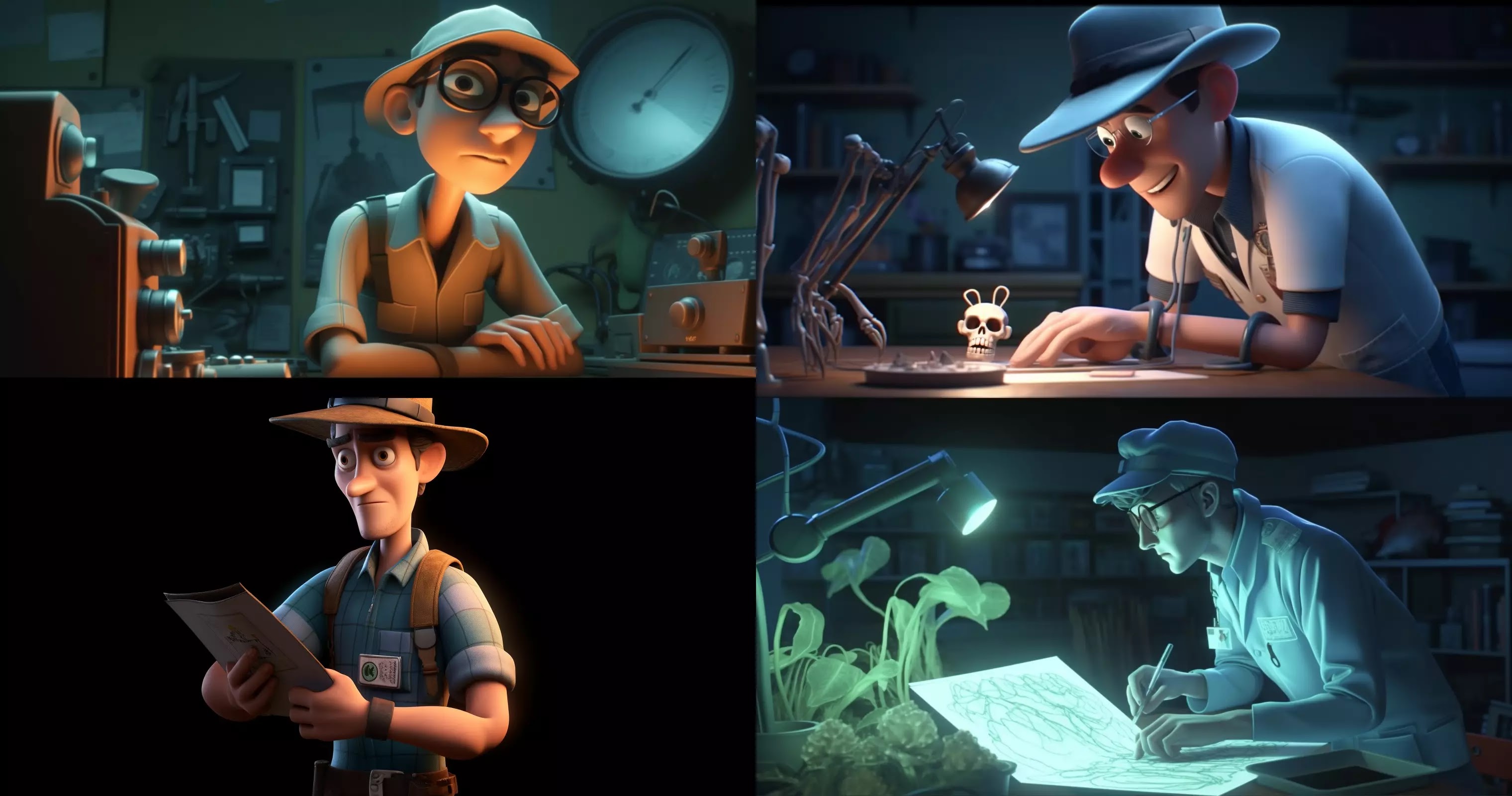Civil engineering is a diverse and exciting field that encompasses a wide range of specialties. From designing structures that withstand natural disasters to creating sustainable water systems, civil engineers play a crucial role in shaping our world.
In this article, we’ll explore 12 different types of civil engineering, each with their own unique challenges and opportunities. Whether you’re considering a career in civil engineering or simply curious about the field, read on to discover the many facets of this fascinating profession.

Quick Navigation:
Structural Engineer
Structural engineers design and analyze structures such as buildings, bridges, and tunnels to ensure they are safe and able to withstand environmental forces like wind and earthquakes. They use computer software and mathematical calculations to determine the strength and durability of materials like concrete, steel, and wood, and make recommendations for improvements if necessary.
Geotechnical Engineer
Geotechnical engineers study the behavior of soil and rock to determine the suitability of a site for construction. They evaluate soil stability, potential for landslides, and risk of liquefaction during earthquakes. They also design foundations, tunnels, and retaining walls, and work with construction teams to ensure safety and stability during building projects.
Transportation Engineer
Transportation engineers design and analyze transportation systems such as highways, airports, and public transit. They use computer modeling to assess traffic flow, safety, and environmental impact, and make recommendations for improvements to infrastructure and traffic management systems.
Water Resources Engineer
Water resources engineers design and manage systems for the collection, storage, and distribution of water. They analyze rainfall patterns, water availability, and potential flood risks to develop sustainable water management strategies for communities. They also design and maintain infrastructure like dams, canals, and water treatment plants.
Environmental Engineer
Environmental engineers develop solutions to environmental problems such as pollution, waste disposal, and sustainability. They work on projects related to water and air quality, hazardous waste management, and environmental remediation. They also help companies and governments comply with environmental regulations.
Construction Manager
Construction managers oversee the planning, design, and construction of building projects. They manage budgets, coordinate with architects and engineers, and supervise construction crews. They also ensure that projects are completed on time, within budget, and according to specifications.
Project Manager
Project managers oversee all aspects of a project, from planning and design to execution and completion. They manage budgets, schedules, and resources, and ensure that projects are completed on time, within budget, and to the satisfaction of stakeholders.
Land Surveyor
Land surveyors measure and map the physical features of land, including boundaries, elevations, and geographic features. They use specialized equipment like GPS and laser scanners to collect data and create accurate maps and surveys.
Urban Planner
Urban planners develop plans and policies to guide the development of cities and communities. They analyze land use patterns, transportation systems, and environmental factors to create plans that promote sustainability, social equity, and economic development.
Building Inspector
Building inspectors ensure that buildings and other structures comply with local and national building codes and regulations. They inspect construction sites, review plans and specifications, and issue permits and approvals.
Materials Engineer
Materials engineers develop and test materials used in construction, manufacturing, and other applications. They analyze the properties of materials like metals, polymers, and ceramics, and develop new materials that meet specific performance requirements.
Cost Estimator
Cost estimators analyze construction plans and specifications to determine the cost of a project. They take into account factors like materials, labor, and equipment, and create detailed cost estimates to help clients and construction teams plan and budget for projects.
Hydraulic Engineer
Hydraulic engineers design and analyze systems for managing water resources, including dams, canals, and water treatment plants. They use computer models and simulations to evaluate the impact of infrastructure on water systems and make recommendations for improvements.
Traffic Engineer
Traffic engineers design and analyze transportation systems to ensure safe and efficient traffic flow. They evaluate factors like road design, signage, and traffic signals, and make recommendations for improvements to reduce congestion and improve safety.
Municipal Engineer
Municipal engineers design and manage infrastructure and systems for cities and municipalities. They work on projects related to water and wastewater treatment, transportation systems, and public
Read Also:

![25 Great Jobs that Work from Home or Anywhere [Remote work]](https://jobsmarketupdate.com/wp-content/uploads/2021/10/Great-Jobs-that-Work-from-Home.jpg)




